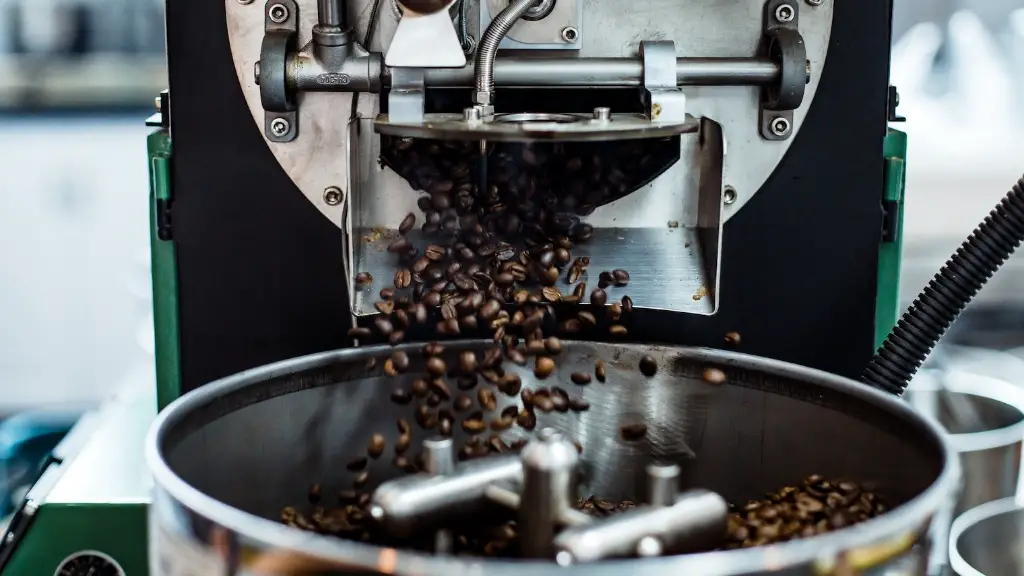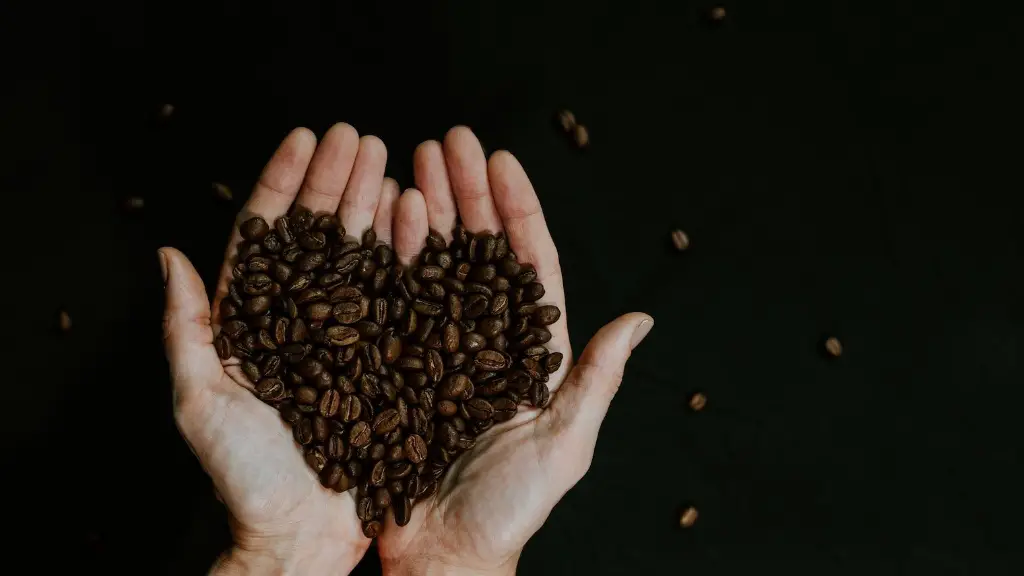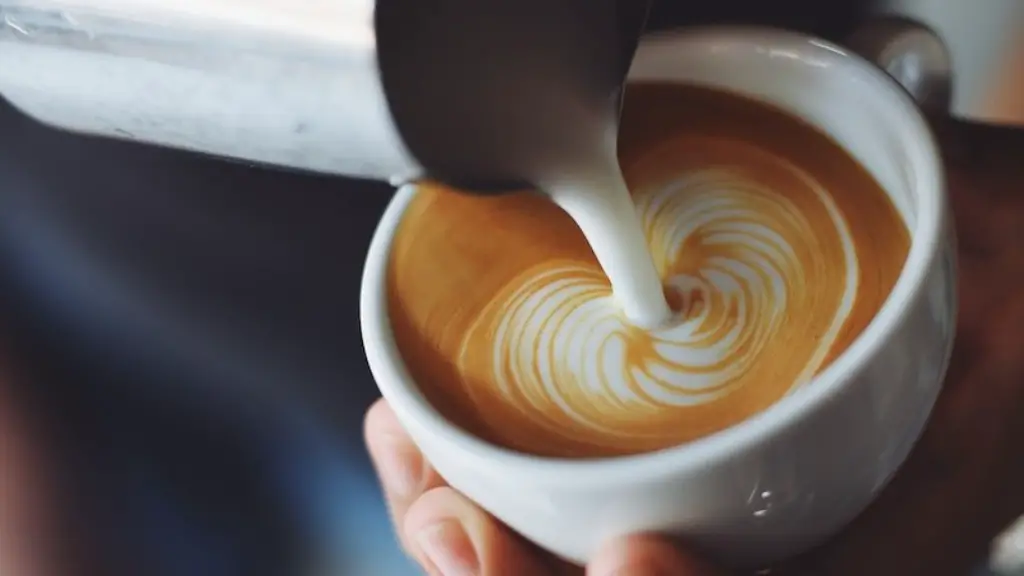Decaf coffee may not be the most energizing beverage but it still packs the same flavors and aromatic qualities as its caffeinated counterpart, and drinking it before a PET scan is still a topic of debate among health professionals, with no definitive answer.
A PET (positron emission tomography) scan is an imaging test that is used to diagnose diseases, such as cancer and Alzheimer’s, and to help determine the stage of a tumour or its spread to other parts of the body. The scan injects a concentrated form of glucose, which is then monitored and traced as it moves through the body. For this reason, patients are discouraged from consuming caffeine for at least 12 hours before the test.
Decaf coffee does contain very small amounts of caffeine and there is no consensus among healthcare professionals regarding how long the decaffeinated beverage needs to be avoided before a PET scan. Decaf coffee will still act as a stimulant, blocking the absorption of the sugar-based compound injected during the PET scan. This could lead to incomplete and unreliable results, causing the test to be carried out again.
Caffeine consumption should also be limited as much as possible before the scan as high levels can cause increased metabolism and heart rate. As a result, it is usually suggested that caffeine – in any form – should be avoided altogether prior to the scan.
A PET scan is an important diagnostic tool and it is important to ensure that the results are as accurate and reliable as possible. For this reason, it is recommended that decaffeinated coffee is avoided before the scan and that total caffeine consumption is limited for at least 12 hours before the procedure.
How long does caffeine stay in the body?
Caffeine is absorbed into the bloodstream quickly and its effects can be felt within minutes of drinking it. The average half-life – the amount of time it takes for half of the caffeine to be metabolized and exited from the body – is around 5 hours, but this can vary depending on the person’s metabolism and other lifestyle factors.
It is important to note that it typically takes around 12 hours for meals and beverages to pass through the digestive system and be eliminated from the body. As a result, it is usually suggested that even decaffeinated drinks should be avoided for at least 12 hours prior to a PET scan.
How much caffeine is present in decaffeinated coffee?
Decaffeinated coffee still contains trace amounts of caffeine, usually ranging between 6 and 8 mg per cup. It is important to keep in mind that decaf coffee still contains enough caffeine to act as a stimulant, which could affect the outcome of a PET scan.
It is a good idea to check the ingredients list on the package of the decaffeinated coffee before drinking it. Although, even with the most careful screening, it’s impossible to guarantee that such levels are below 8 mg per serving.
It is also important to note that decaffeinated coffee may still contain other active compounds which could interfere with the PET scan. Such compounds could include plant chemicals such as theobromine and theophylline, and other stimulants such as taurine, which could disrupt the accuracy of the results.
The potential risks of drinking decaffeinated coffee before a PET scan
Drinking decaffeinated coffee before a PET scan may affect the accuracy of the results by interfering with the body’s ability to absorb the injected glucose-based compound. To avoid potential inaccuracy and potential delays, it is therefore best to avoid the beverage entirely.
It is also important to note that decaffeinated coffee could still contain other active compounds which could interfere with the PET scan, such as plant chemicals and other stimulants. Therefore, even small amounts of decaffeinated coffee should be avoided for at least 12 hours prior to the procedure.
Are there any other beverages to avoid before a PET scan?
In addition to avoiding decaffeinated coffee, it is recommended that other caffeinated beverages, such as tea and energy drinks, are avoided for at least 12 hours before the scan. Decaffeinated tea, however, can be consumed up to 2 hours before the procedure.
It is important to note that herbal teas, such as chamomile, are not recommended before a PET scan as they could contain caffeine-like plant compounds which could interfere with the accuracy of the results.
Can you drink water before a PET scan?
Yes, it is generally recommended to drink plenty of water prior to a PET scan as it helps to keep the body hydrated and increase the accuracy of the results. However, it is important to note that water should be consumed slowly and continuously for about 1 hour before the scan in order to ensure that it does not interfere with the absorption of the glucose-based compound injected during the scan.
Can you eat before a PET scan?
It is not recommended to eat heavy meals prior to a PET scan as it could interfere with the accuracy of the results. It is important to note that light snacks can be consumed up to 2 hours prior to the procedure. Sugary snacks, however, should also be avoided as they could interfere with the absorption of the injected glucose-based compound.
What other lifestyle factors should be avoided before a PET scan?
It is recommended that the patient avoids smoking and the consumption of alcohol for at least 12 hours before the PET scan, as such substances could interfere with the accuracy of the results. If a patient has a history of recreational drug use, they should also inform their doctor or other healthcare professional before the procedure.
Can you drink decaffeinated coffee before a PET scan?
There is no definite answer to this question as the amount of caffeine in decaffeinated coffee and its potential impact on the accuracy of a PET scan vary from person to person. However, it is generally recommended that decaffeinated coffee should be avoided for at least 12 hours prior to the scan, and that total caffeine consumption is kept to a minimum.




